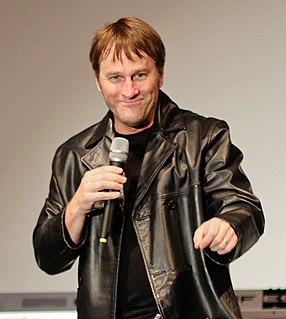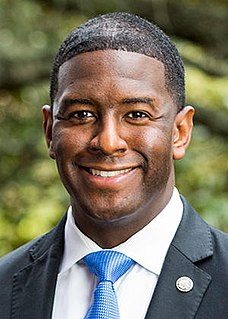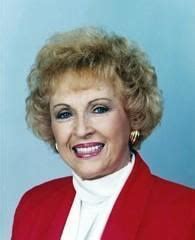A Quote by Jacob Weisberg
Obama is the rare Democrat who talks easily about faith and values and who does so without upsetting those offended by the mixture of religion and politics.
Related Quotes
But science can only be created by those who are thoroughly imbued with the aspiration toward truth and understanding. This source of feeling, however, springs from the sphere of religion. To this there also belongs the faith in the possibility that the regulations valid for the world of existence are rational, that is, comprehensible to reason. I cannot conceive of a genuine scientist without that profound faith. The situation may be expressed by an image: science without religion is lame, religion without science is blind.
Big religion was started with one goal in mind: to make money. And I'm not knocking anyone's faith, because I think there are a lot of good values to be found in any faith. But when any faith starts to get in the way of love, that's where you can tell that greed and fear have stepped in and that those things come from man.
Though Americans talk a good deal about the virtue of being serious, they generally prefer people who are solemn over people who are serious. In politics, the rare candidate who is serious, like Adlai Stevenson, is easily overwhelmed by one who is solemn, like General Eisenhower. This is probably because it is hard for most people to recognize seriousness, which is rare, especially in politics, but comfortable to endorse solemnity, which is as commonplace as jogging.
When the president talks about tax reform, he talks about the people who will benefit. He talks about American jobs. He talks about the fact that we're going to be taking money that's overseas and bringing it back to the United States so that it will employ American workers. I think that focus again on the American working and middle class is- is-is to me the most thoughtful and, in some ways, the most genius part of Trump's approach to politics.































